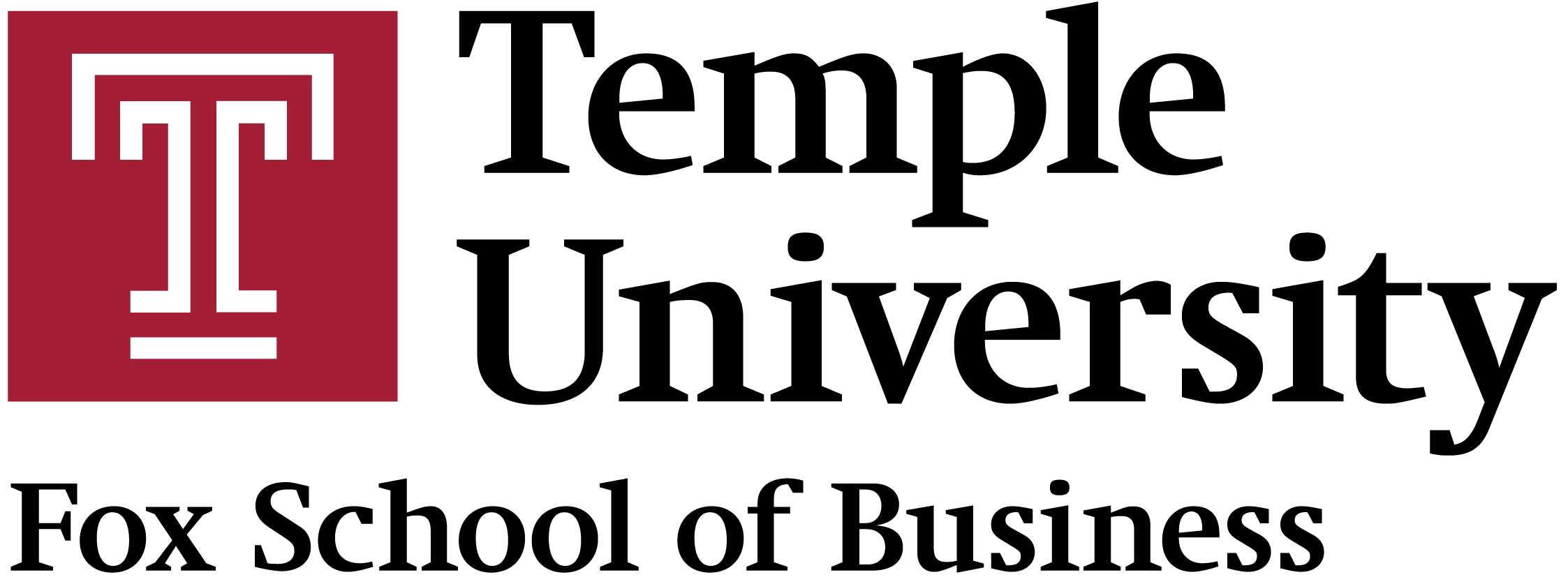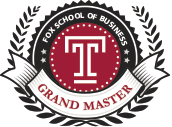U.S. Securities and Exchange Commission
Office of Compliance Inspections and Examinations, U.S. Securities and Exchange Commission

Employed: January 2016 – March 2016
Business Honors Intern
This spring, I had the pleasure of interning at the United State’s Securities and Exchange Commission. Specifically, I worked in the Philadelphia branch’s Office of Compliance and Examinations (OCIE). The OCIE administers compliance exams to registered entities, which involves preparing for the exam, conducting it at the entity’s place of business, and analyzing exam results. Depending on the results of an exam, the office issues a comment or no-action letter. If there are any comments, the office may proceed with further investigation.
In my role, I had the opportunity to assist examiners with their exams and thereby work on projects across several regulatory areas. Some of the areas in which I analyzed risk include due diligence, investment suitability, valuation, fees, communications, advisor history, and branch history. Examples of tasks I completed include conducting pre-exam research on a firm, preparing interview questions, investigating independent financial advisors, and analyzing contractual versus actual behavior.
The S.E.C.’s emphasis on effectiveness required me to be detail-oriented in order to flag small disparities. Interestingly, accurate flagging also required an understanding of the bigger picture, specifically how the task fits into the S.E.C.’s operations. This dynamic enabled me to learn about the S.E.C. and improve my attention to detail. Ultimately, I achieved an 87.5% success rate in flagging high-risk activity.
Looking back, this internship was challenging for me. By interning at an agency that regulates the financial markets, I was expanding my experiences and testing my ability to learn about a different industry. Unlike my colleagues, I did not have a background in finance or accounting. I worked between assignments to train myself in investment terminology, regulations, and procedures. This was very rewarding, as I learned about a critical business function and proved that I could teach myself new concepts quickly. An understanding of finance and regulation will help me when I graduate, and the adaptability to new concepts will be especially vital. Despite learning as much as I can in the word of academia, I know that adapting to the corporate world will require learning new concepts and skills, an experience that I look forward to.

